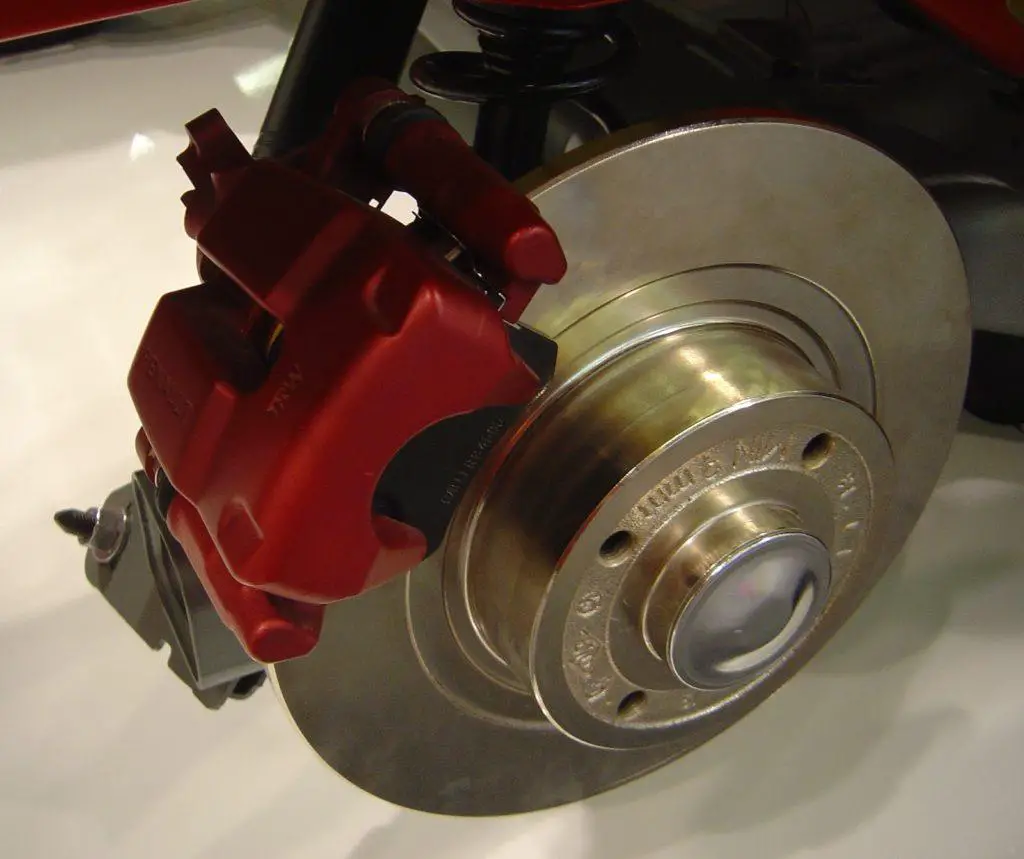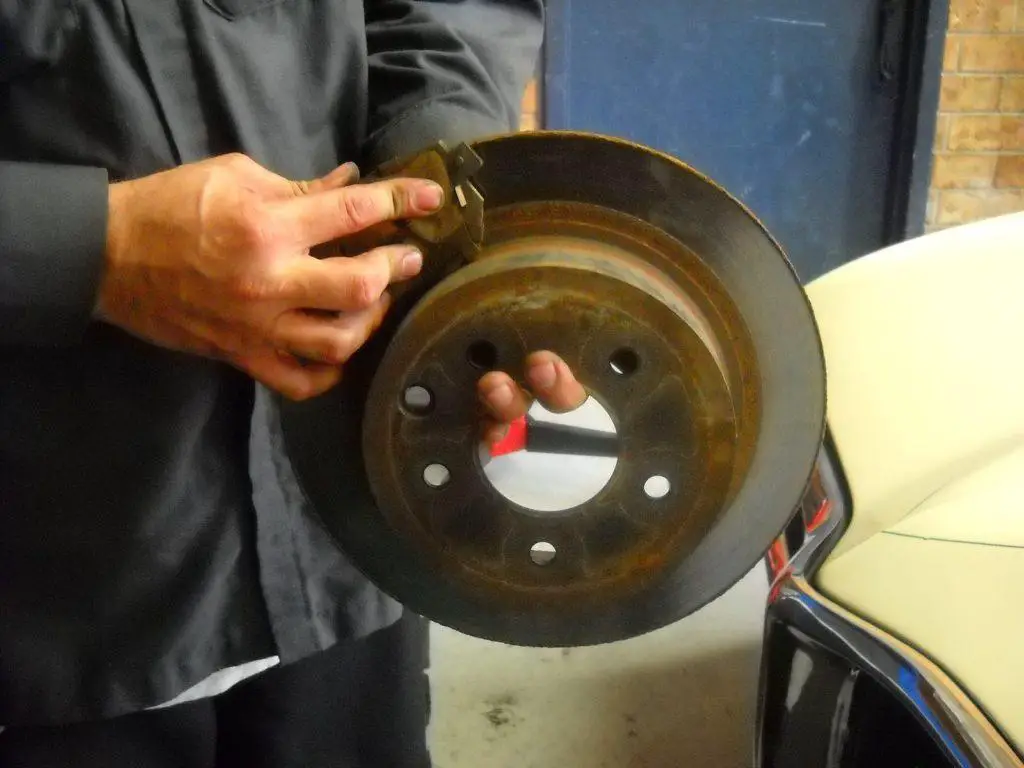When it comes to vehicle safety, few components are as critical as the brakes. They are the guardians of our journeys, ensuring that we can slow down and stop when needed, preventing accidents, and keeping us safe on the road. Yet, for many drivers, a nagging question persists: “How long do brakes last?” Understanding the lifespan of your car’s braking system is not just a matter of convenience; it’s a matter of life and death on the road. In this article, we will explore the intricacies of brake longevity, dissecting the factors that affect their lifespan and providing valuable insights into when you might need to replace them.
On average, brake pads and rotors can last anywhere from 30,000 to 70,000 miles, but these figures are not set in stone. How your brake pads wear depends on various elements, including your driving habits, the type of brakes installed on your vehicle, the quality of the components, and the driving conditions you encounter. For instance, drivers who frequently engage in stop-and-go city driving may find their brake discs wear out faster than those who primarily drive on highways.
Additionally, the quality of the brake components and the manufacturer’s recommendations play a significant role in determining how long your brakes will last. Regular maintenance, such as brake inspections (quarter inch of pad material left) and pad replacements, can help extend the lifespan of your brake system and ensure your vehicle stops reliably when you need it to.
Jump To
How Many Miles Do Breaks Last?
Your car brakes should last an average of 25,000 to 60,000 miles. Some brake pads can even last 80,000 miles. However, the best and sure way of knowing how long your car brakes should last is to consult your designated owner’s vehicle manual.
Many different factors affect how long your brakes will last. Regular brake inspections are part of the recommended maintenance schedule most manufacturers provide. If you stick to that timetable, you shouldn’t have to worry about your brakes.
Below are some indicators that you need to replace your brake pads because they have unexpectedly worn out.
- When you brake, you hear a squeal, screech, or grinding sound when you press the brake pedal.
- Braking causes your car or the steering wheel to shake.
- It takes quite a lot of time to slow down is typically caused by worn-out pads.

https://commons.m.wikimedia.org/wiki/File:Disk_brake_dsc03682.jpg
How Do Brakes Work?
Most cars these days feature hydraulically operated brakes on all four wheels. The brakes could be drum or disc style.
A disc brake system consists of brake calipers, pads, and discs. When you press the brake pedal, the discs employ calipers that resemble and work effectively as clamps to apply pressure to the brake pads.
All that friction between the brake disc (or rotors) and the pads causes kinetic energy from your car’s forward motion to be converted into heat energy.
In contrast to disc brakes, drum brakes slow a vehicle with brake shoes by rotating a cylinder. On the other hand, disc brakes use rotating discs with calipers and pads and are typically considered safer and more effective in modern vehicles.
With drum brakes, the brake fluid creates hydraulic pressure when the brake pedal is pressed and forces the brake shoe against the rotating drum when the drivers press the brake pedals. The shoes’ friction-producing design finally causes the car to slow down.
As the preferred stopping system for most modern automakers, disc brakes have surpassed drum brakes during the past few decades.
What Is a Brake Pad?
A car’s braking system’s components that absorb most of the frictional force required to stop the auto are called brake pads. The brakes on your car’s wheels are stopped by applying pressure to the pads, which are made of flat pieces of steel with heavy friction material on one side.
Why Do Brake Pads Wear Down?
The wearing of your brake pads depends on many factors. Day-to-day use, the driving environment, the owner’s driving habits, and mileage incurred are all things that cause your brake pads to wear out.
The lifespan of your car’s brake pads can also be influenced by the type of brake pads you use. Organic brake pads, semi-metallic brake pads, and ceramic brake pads are the three primary categories of brake pads.
Organic brake pads are formed from a combination of components like rubber, carbon, glass, and fiberglass bonded together by resin. They typically have the shortest lifespan of all three types of brake pads.
Semi-metallic pads are 30% to 70% metal, which increases their longevity. A semi-metallic replacement pad should last for around 50,000 miles.
Copper fibers and ceramic materials are combined to create the friction material of ceramic pads. These are designed for pleasant braking and are typically seen in premium vehicles. They aren’t designed for high-performance environments but usually have a long lifespan when used properly – not hitting the brakes hard.
Factors That Affect Your Brake Pads’ Life
Below are the factors that affect your brake pads’ life and how often you will have to replace worn brake pads and rotors.
Brake Pad Material
As we already mentioned above, there are different types of brake pads. The carbon ceramic brake pad wear longer than a metallic pad but is quite expensive. You can find out which type of brakes comes with your car by consulting your owner’s car manual before you replace brake pads.

https://commons.m.wikimedia.org/wiki/File:Brake_pads.JPG
Driving Habits
Driving style can also affect brake longevity. Aggressive drivers are more prone to repeatedly slam on the brakes, resulting in increased wear and tear with a shorter time to replace brake pads.
If you feel pulled in one direction or the car pulls the other, your brakes may be wearing unevenly. It’s time to replace the brake pads.
Type of Transmission
What is the relation between the brake pads and the transmission?
You could increase your brake pads’ lifespan and avoid brake issues if you have the proper transmission.
When slowing down, drivers of cars with manual transmissions can use more than just their brake pads. Instead of engaging their brake pads and wearing them down, you can slow down by downshifting through a procedure known as engine braking.
It should be noted that applying engine braking in a truck with an automatic transmission system is not advised because it may result in transmission system damage in the long run.
Driving Environment

You will brake more if you reside in an urban area since there are more red lights, crosswalks, and traffic encounters. Your brakes will deteriorate more quickly as a result of using the brake pedal more often. The driving environment will add drastically to the time in between when you replace new brake pads too.
Tips To Extend the Lifespan of Your Brake Pad
Replace calipers in pairs at all times. Failure to do so may cause a pull or imbalance during braking.
When possible, slow down and stop! Most motorists go at higher and slower speeds than necessary, which results in excessive brake pad wear.
You will spend a lot of time riding the brakes if you drive in the city often. You might not be able to change your regular routes, but it’s smart to consider this tip when organizing a long commute or day trip.
To adjust the parking brake, adhere to the advised original equipment (OE) repair procedure to prevent it from making contact. Inaction could lead to hot brake pads.
Before you purchase a new pair of brake pads, check the brake pads’ material. Spending a bit more on carbon-ceramic pads might be a smart option if you want to spend less time at the shop. Follow the owner’s vehicle manual to know what is recommended when you change brake pads.
Final Thoughts on How Long Do Brakes Last
Your car’s brakes are a key component of your car. And now, you know what to look and listen for to ensure they continue functioning properly. You can save money long-term and ensure your safety by properly functioning brakes keeping up with their maintenance and avoiding costly repairs.
Finally, the answer to the question of how long brake discs or pads can last will differ from driver to driver and from car to car. Be sure to consult the owner’s manual that comes with your vehicle for specific recommendations that apply to you.

2 thoughts on “How Long Do Brakes Last? Learn 4 Best Tips to Brake Longevity.”
Comments are closed.